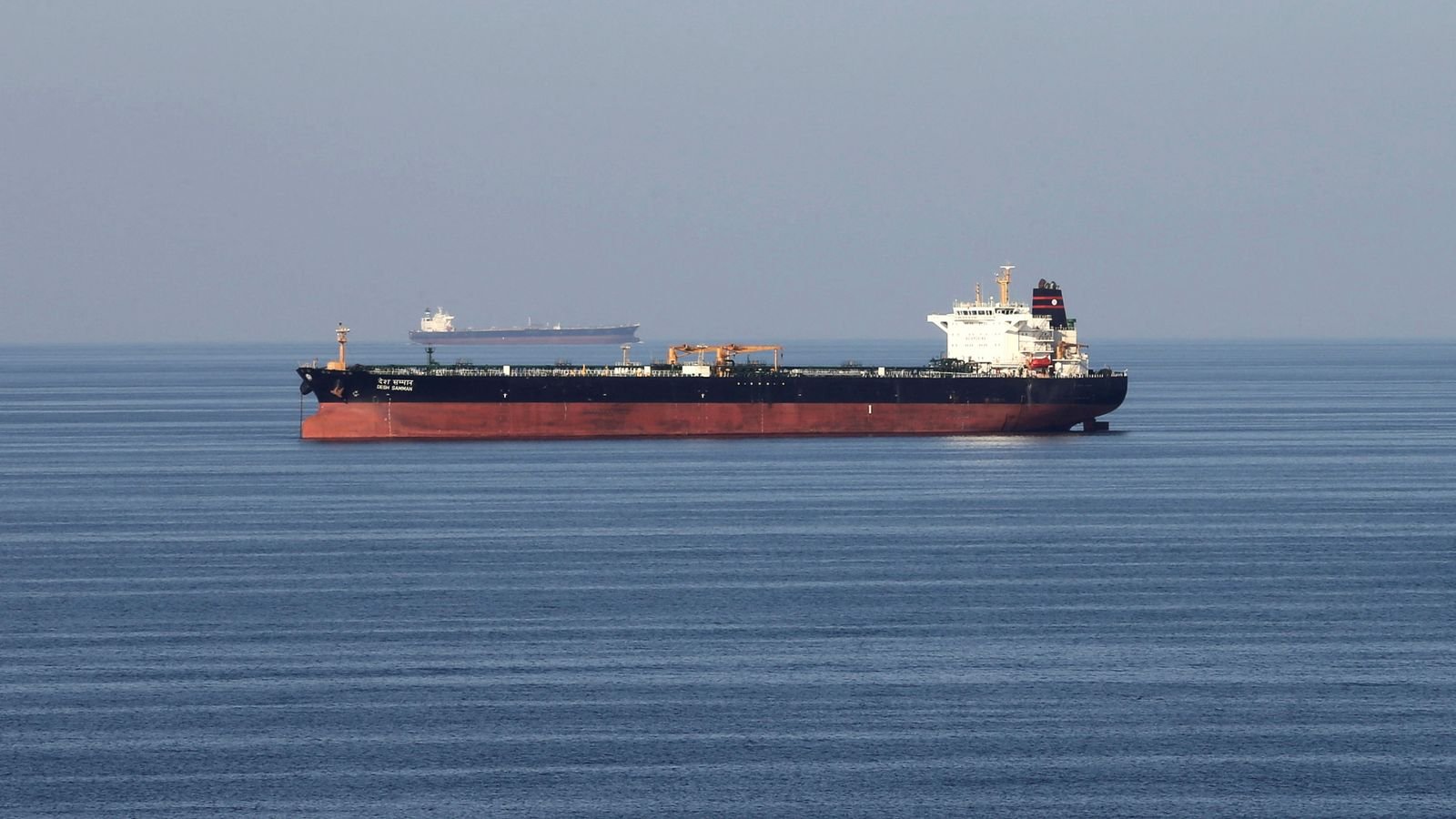The Middle East is the world’s foremost oil-producing region and a major centre for maritime trade. Its waterways are a critical thoroughfare for cargo ships transporting oil and container ships with goods and appliances on board. Flare-ups in the Middle East have a predictable impact on the oil price, causing it to spike as investors grow fearful about supply constraints because of possible blockages and attacks on these maritime routes. As a result, shipping insurance premiums also rise, which are ultimately passed on to the consumer. Brent crude, the international benchmark, was up 8%, at $75 (£55) a barrel.
Follow live: Israel-Iran conflict latest
That has a feed-through across the economy because oil goes into the manufacturing process of many goods and services, whether that’s plastic toys or air travel. According to the International Monetary Fund (IMF), inflation in advanced economies rises by about 0.4 percentage points for every 10% increase in oil prices. Some experts are still sanguine about the impact on trade, but the region is already dealing with challenges.
Houthi rebels, backed by Iran, have been attacking ships passing through the Red Sea to the Suez Canal – a major hub route for container shipping. «This has forced many ships to go the long way around Africa on routes between Asia and Europe, which adds one to two weeks of travel time and around $1m in cost per journey,» said Sarah Schiffling, an academic at the Hanken School of Economics.
Read more:
Why did Israel attack Iran?
Everything we know about senior Iranians killed?
What are Iran’s military capabilities?
«Longer travel times also mean that global capacity is reduced as ships are tied up on a journey for longer and that all has ripple effects across global transport networks and supply chains.» Iran has also repeatedly threatened to block the Strait of Hormuz, which connects the Persian Gulf and the Arabian Sea.
Listen to The World with Richard Engel and Yalda Hakim every Wednesday
The strait handles a quarter of the world’s oil trade, and analysts at Goldman Sachs predict blockades in the Strait of Hormuz could push prices above $100 (£74) per barrel. That being said, this would be an extreme step for Iran that would anger its major customer – China – as well as Qatar and the United Arab Emirates (UAE), two other major oil-producing states, who also rely on the strait.
SOURCE

